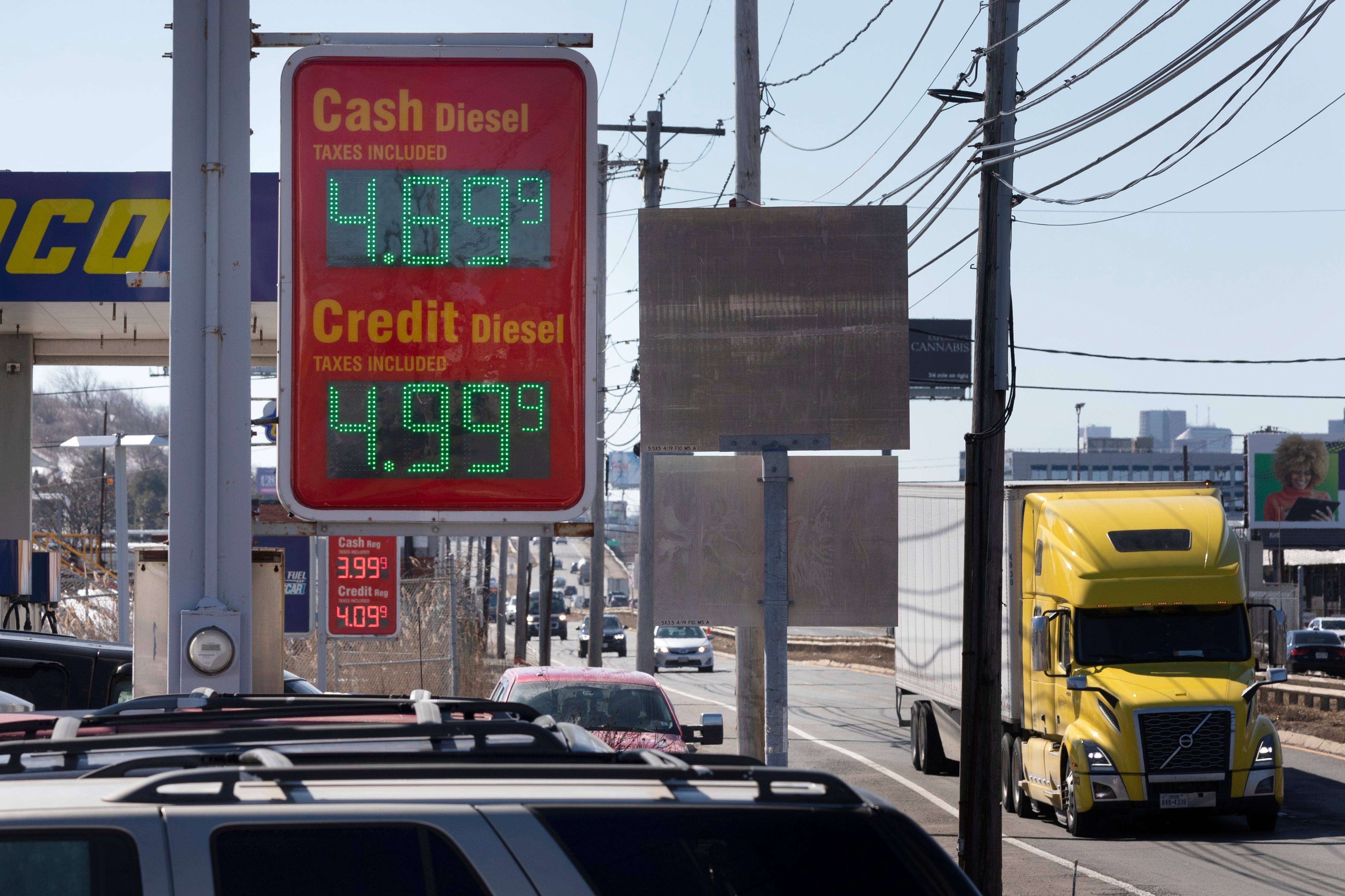The free bus project cities across the US are watching
“It’s a beautiful thing,” one Boston resident said of the free bus service. “We need more of it.”

Your support helps us to tell the story
From reproductive rights to climate change to Big Tech, The Independent is on the ground when the story is developing. Whether it's investigating the financials of Elon Musk's pro-Trump PAC or producing our latest documentary, 'The A Word', which shines a light on the American women fighting for reproductive rights, we know how important it is to parse out the facts from the messaging.
At such a critical moment in US history, we need reporters on the ground. Your donation allows us to keep sending journalists to speak to both sides of the story.
The Independent is trusted by Americans across the entire political spectrum. And unlike many other quality news outlets, we choose not to lock Americans out of our reporting and analysis with paywalls. We believe quality journalism should be available to everyone, paid for by those who can afford it.
Your support makes all the difference.A free bus service has been launched in the US city of Boston in a bid to create climate justice and economic mobility.
The two-year project, the brainchild of mayor Michelle Wu, will allow the city to measure the benefits of fare-free bus service, such as increased ridership, faster buses, less traffic, less pollution, and business development along the route.
It also sets the foundation to build regional and state-level momentum for more free transport at a state level.
“This is part of our legacy as a city, to truly invest in the ways that our futures are interconnected,” Ms Wu said.
“If we are serious about climate justice and racial equity and mobility, then removing barriers to public transportation… would be a major step forward.”
Boston resident Barry Hurd used the newly-free No.28 bus. He told the Washington Post: “The food is high, rent high, everything high. Unless you win the lottery, you’re not saving.”
“It’s a beautiful thing,” he said of the free bus service. “We need more of it.”
The possibilities provided by free bus travel are being explored by other major US cities such as Los Angeles, Albuquerque, and Kansas City.
Advocates say free bus travel encourages commuters to leave their cars at home and helps communities access jobs and education, but critics say the loss of fare income would be far too severe for most authorities.
“I am excited to take this key step towards a brighter transit future,” Ms Wu added.
“Building on the fare-free 28 bus pilot created by mayor Janey, we will expand access to transit across our neighbourhoods, connecting more people to their schools, places of worship, small businesses, and community centres and easing congestion on our bus riders and drivers alike.
“With stronger ties between our communities, we’ll reshape the boundaries of what’s possible in our city.”
In the UK, Friends of the Earth has proposed free bus travel for under-30s to reduce traffic and make car-free travel the norm.
Join our commenting forum
Join thought-provoking conversations, follow other Independent readers and see their replies
Comments